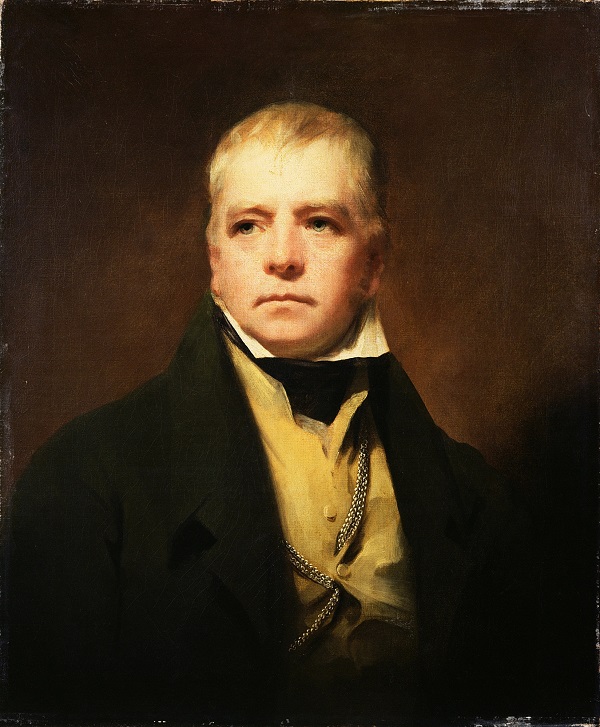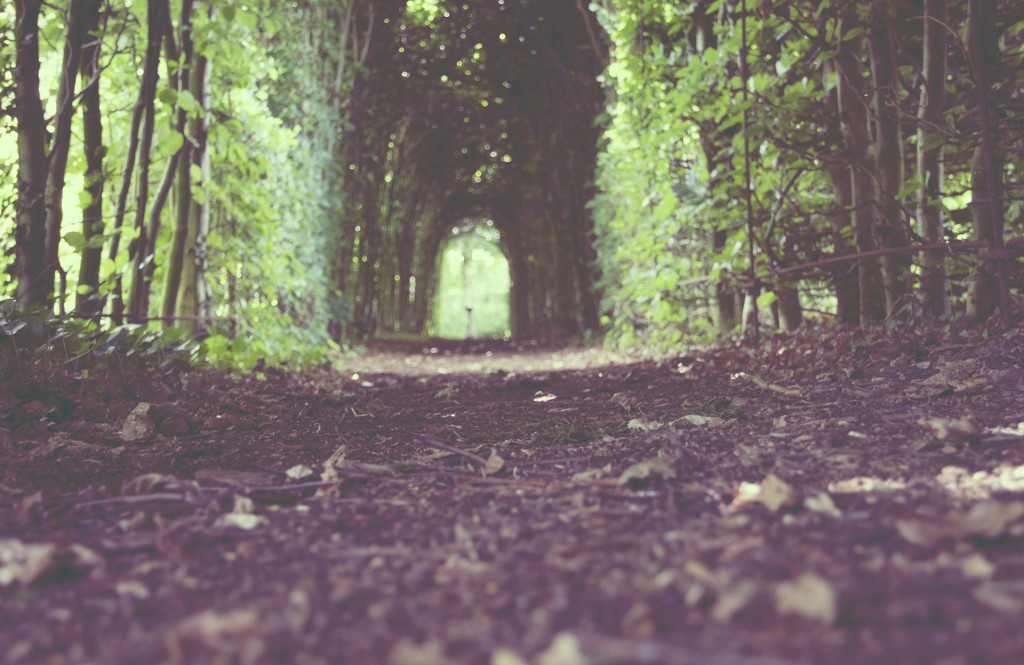Bored
Thomas the Rhymer
True Thomas lay on Huntlie bank;
A ferlie he spied wi’ his ee;
And there he saw a ladye bright,
Come riding down by the Eildon Tree.
Her shirt was o’ the grass-green silk,
Her mantle o’ the velvet fyne;
At ilka tett of her horse’s mane,
Hung fifty siller bells and nine.
True Thomas he pull’d aff his cap,
And louted low down to his knee,
“All hail, thou mighty Queen of Heaven!
For thy peer on earth I never did see.”
“Oh no, Oh no, Thomas,” she said,
“That name does not belang to me;
I am but the Queen of fair Elfland,
That am hither come to visit thee.
“Harp and carp, Thomas,” she said;
“Harp and carp along wi’ me;
And if ye dare to kiss my lips,
Sure of your bodie I will be.”
“Betide me weal, betide me woe,
That weird shall never daunton me;”—
Syne he has kiss’d her rosy lips,
All underneath the Eildon Tree.
“Now, ye maun go wi’ me,” she said;
“True Thomas, ye maun go wi’ me;
And ye maun serve me seven years,
Thro’ weal or woe as may chance to be.”
She mounted on her milk-white steed;
She’s ta’en true Thomas up behind;
And aye, whene’er her bridle rung,
The steed flew swifter than the wind.
Oh they rade on, and farther on;
The steed gaed swifter than the wind;
Until they reach’d a desert wide,
And living land was left behind.
“Light down, light down now, true Thomas,
And lean your head upon my knee;
Abide and rest a little space,
And I will show you ferlies three.
“O see ye not yon narrow road,
So thick beset with thorns and briers?
That is the path of righteousness,
Though after it but few enquires.
“And see ye not that braid braid road,
That lies across that lily leven?
That is the path of wickedness,
Though some call it the road to heaven.
“And see ye not that bonny road,
That winds about the fernie brae?
That is the road to fair Elfland,
Where thou and I this night maun gae.

Walter Scott
Walter Scott (1771-1832), poet and novelist, first made his name with the collection of Border ballads, Minstrelsy of the Scottish Border (1802-3) which included along with traditional ballads a few pieces of his own composition, including this one, ‘Thomas the Rhymer’ which tells how a poet is beguiled away by the Fairy Queen under the Eildon Hills. Scott identified himself with ‘the Rhymer’, a real historical figure, to the extent that he bought the land known as the Rhymer’s Glen as part of his Abbotsford estate – to this day a stone marks the spot where Thomas met the Fairy Queen.

